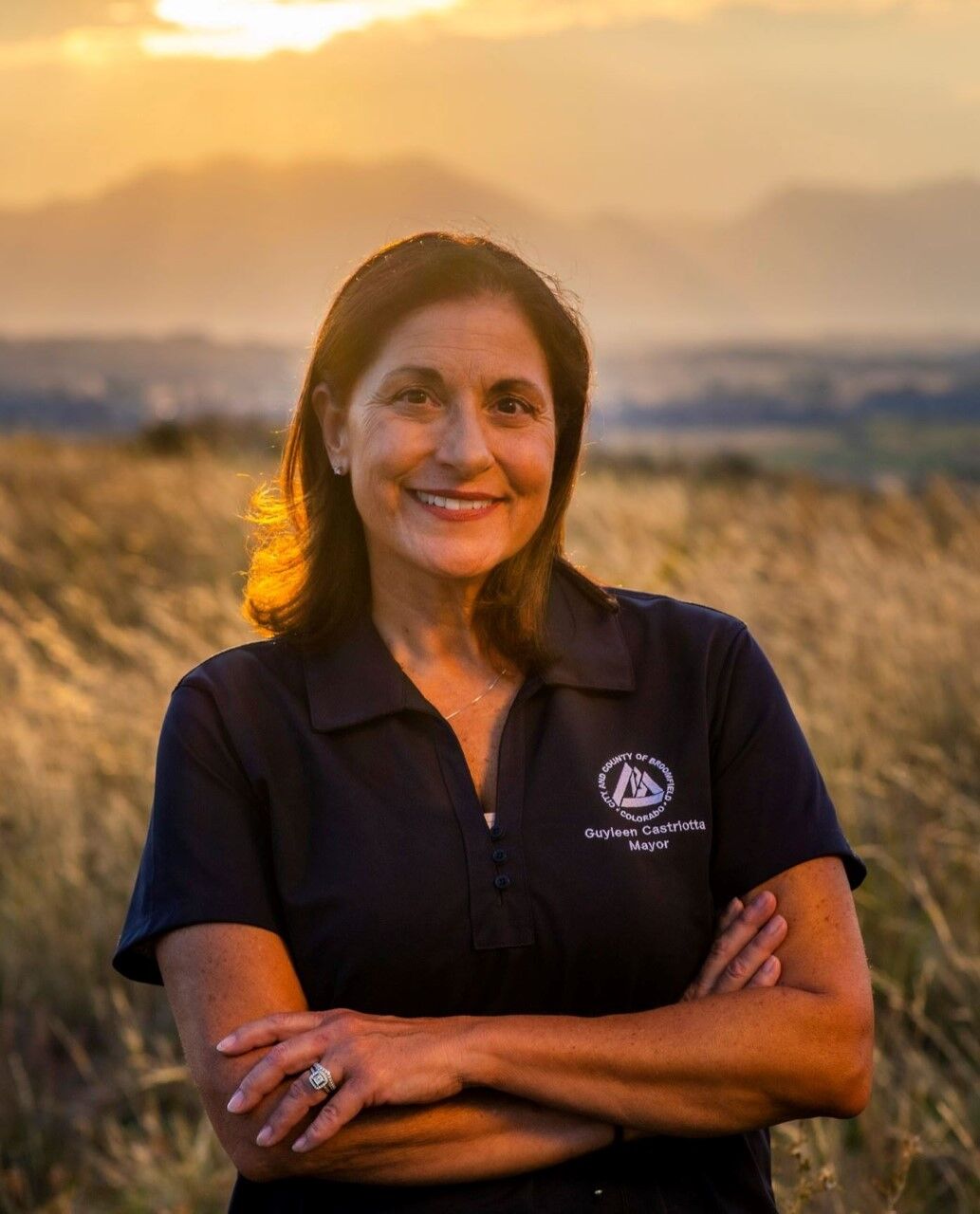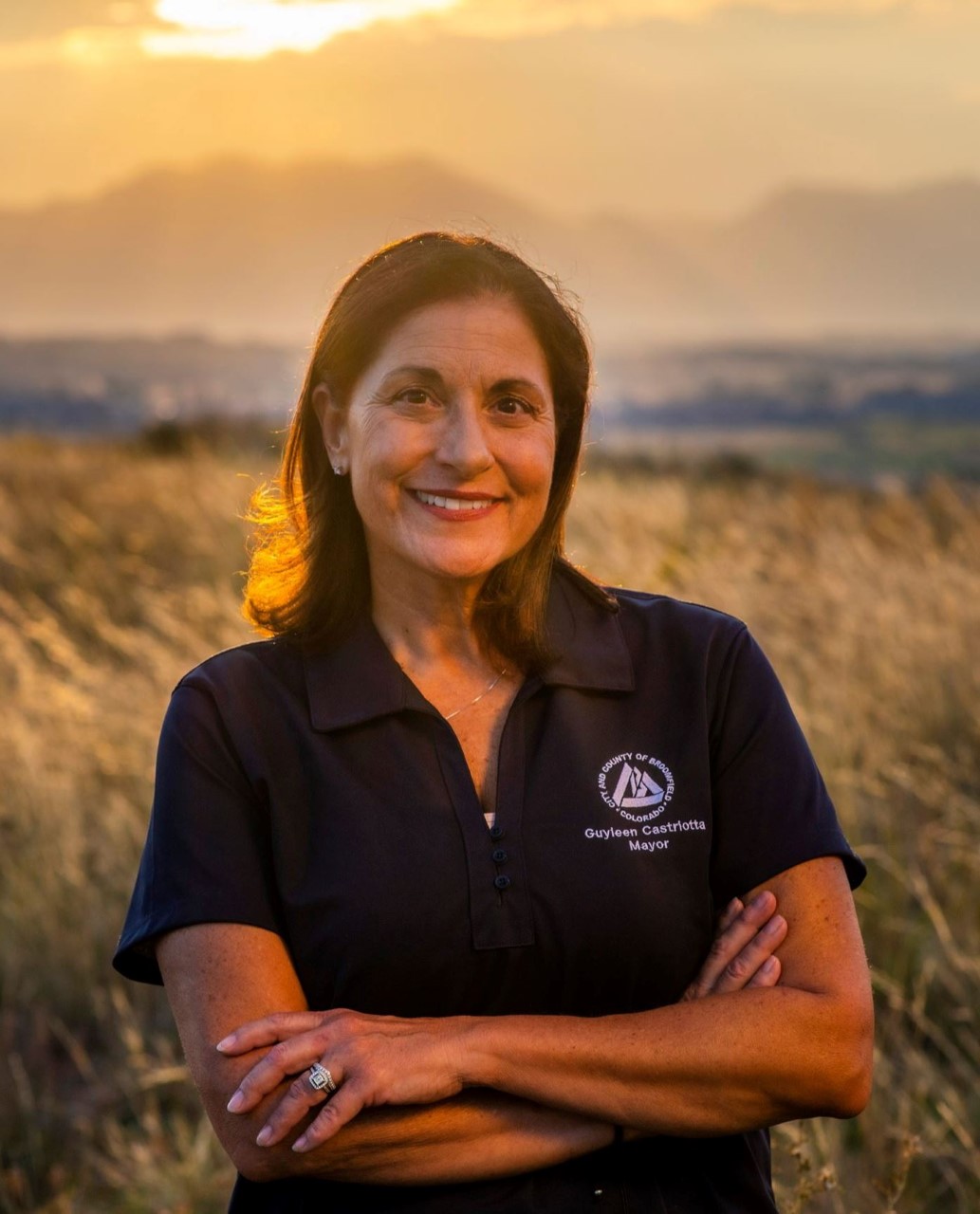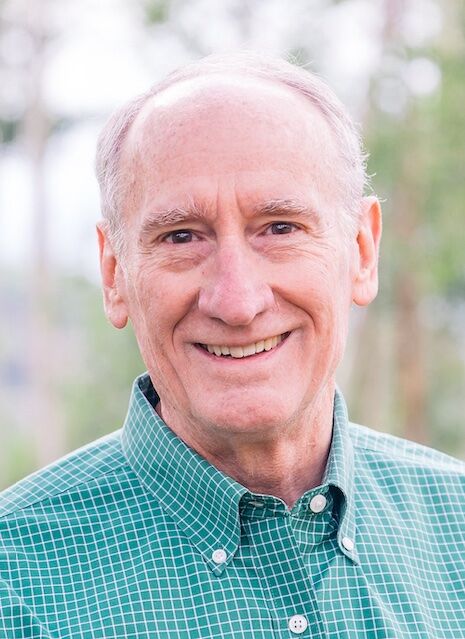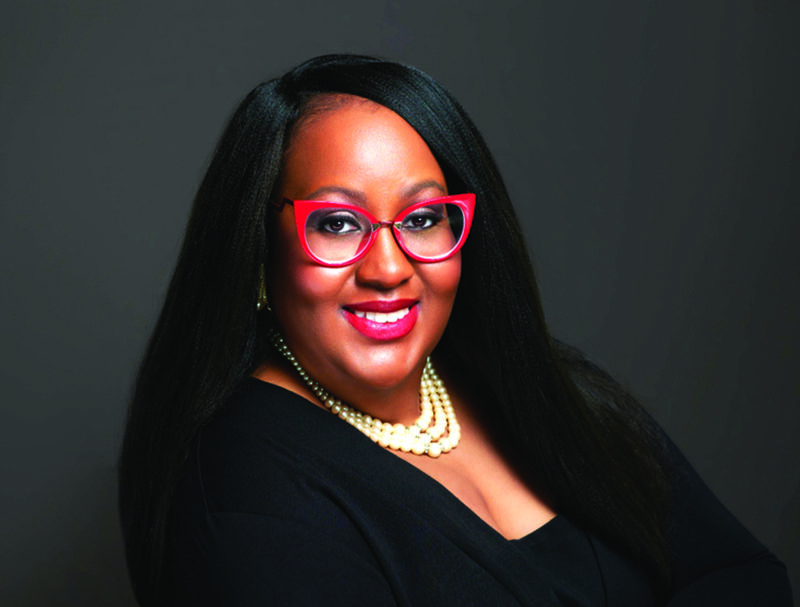Local gambling control protects most vulnerable


For nearly 30 years, Colorado has set a national standard for successful management and regulation of a legal gambling industry. Since 1992, gambling has been legal in three Colorado communities: Black Hawk, Central City and Cripple Creek. These mountain towns are unique; they have the infrastructure, resources and will to host commercial casinos. It’s a mistake to think the success of these destinations could be replicated statewide. Most of Colorado’s cities – and the communities that inhabit them – could not safely or effectively accommodate gambling.
Like most Coloradans, I’m grateful for our gambling towns, and I recognize the value they provide our tourism industry. Their tax dollars fund dozens of small business, historic preservation and education grants statewide, and we all benefit from their contributions to the economy. It would be a mistake, however, to assume that other Colorado communities have the will or capacity to host commercial casinos, as Black Hawk, Central City and Cripple Creek do. As we emerge from the pandemic, we have to prioritize the welfare of Colorado’s most vulnerable, many of whom would be threatened by statewide gambling expansions.
In 1992, Black Hawk, Central City and Cripple Creek authorized gambling within their city limits under Referendum C. In partnership with the Colorado Division of Gaming, these cities prepared thoroughly for the opening of new commercial casinos. Working closely with voters, they developed a regulatory framework capable of protecting vulnerable community members from the risks posed by gambling.
Age restrictions, voluntary exclusions and specialized law enforcement protocols ensure that underage and at-risk populations have no access to local gambling institutions. Without the coordinated efforts of the Division of Gaming, local legislators, industry stakeholders and community members, many of the regulatory practices that keep these communities safe wouldn’t be possible.
For years, Colorado has confronted attempts to expand gambling statewide, and these have taken a number of different forms. There are those who would allow commercial casinos in cities and counties across the state – proposals that have historically failed by more than 40 points at the ballot box. More concerningly, some industry stakeholders advocate the introduction of new forms of gambling, like video machines and keno, to non-gaming communities. These new forms of gambling are notoriously difficult to regulate, and they pose significant risk to Colorado’s most vulnerable.
In Massachusetts, an investigation into underage gambling revealed that teenagers were able to successfully place bets 66% of the time, with children as young as 14 gambling on Keno. In Maryland, the introduction of Keno to bars, restaurants and bowling alleys precipitated a statewide addiction crisis, with calls to the National Center for Pathological Gambling skyrocketing. In Illinois, the expansion of video gambling accelerated the state’s financial tailspin. The national track record for Keno and video gambling expansion is disastrous, riddled with regulatory failures and unanticipated social costs.
To protect our vulnerable populations from these risks, we must allow voters to determine the future of gambling in Colorado. Efforts to expand gambling statewide are historically unpopular, with five such ballot measures failing by more than 40 points. Over the last 30 years, voters’ foresight protected the state from gambling’s negative externalities.
With a new legislative session on the horizon, it’s important for lawmakers to remember that our state’s success managing gambling is thanks, in large part, to the prudence of Colorado voters. Our state’s communities – not its lawmakers – will bear the burden of statewide gambling expansions. They are committed to protecting their vulnerable community members, and they are well-equipped to do so. Going forward, if we continue to trust voters to control the future of gambling in our state, we can ensure that Colorado is well prepared and protected for the future.
Guyleen Castriotta was elected mayor of Broomfield in November 2021. She previously served on the Broomfield City Council, and she filled Broomfield’s mayor vacancy through the 2021 election.










